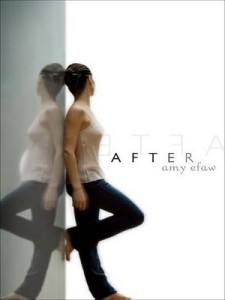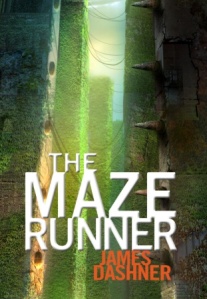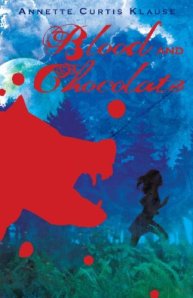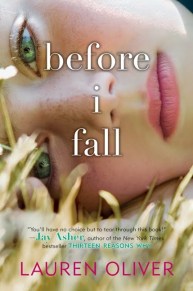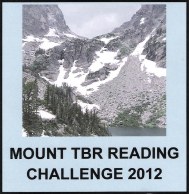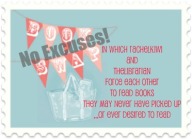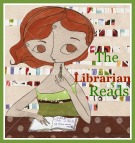What if you did it?…Could you have done it?…This can’t be happening to you…You get good grades, like, really good grades, 4.15 GPA good grades…And you’re the star of the soccer team, like, a super star. You’ve been playing varsity goalie since your freshman year. People stop you in the halls to congratulate you…people you don’t even know. You’re responsible, an indemand babysitter, a tutor, a soccer coach to little kids. This does not happen to people like you.
But now you’re in jail. With girls who have obviously done really bad things to get here. Things someone like you is incapable of doing…right?…But then there was THAT NIGHT…the blood…the pain…it all came from you. IT came out of you. IT was found in a dumpster. Did you do it?…Could you have done it?…What if you really did it?
Review
Oh My God, was the first thing I thought reading this book. As a reader you are just as hazy as the protagonist Devon for the first few pages of this book but long before Devon snaps back to reality the reader realizes the full horror of the situation.
In After Efaw tackles the subject of “Dumpster Babies”. A trend that the Author’s Note explains is nothing new. We’ve all seen the news stories run of women who dump their newborns in the trash after concealing a pregnancy for 9 months. The horror of the situation rarely allows a true look at what the mother may have been going through. No one wants to believe that a woman couldn’t realize that she was pregnant. I’ve sat through a few “I Didn’t Know I Was Pregnant” episodes myself (what can I say, I’m a lover of train-wrecks) and always end up thinking “really, you were using the ‘rhythm method’ as birth control, didn’t have a period for 9 months, gained weight, and seriously never considered pregnancy as an explanation?!” Between trying to reconcile a missed pregnancy and killing a baby it seems almost impossible to understand the actions of these women.
Efaw does a spectacular job of showing the mother’s point of view. What happened during the 9 months leading up to the birth and the birth itself are painstakingly revealed as the character of Devon is able to deal with them. This means that for the first third of the book you are extremely frustrated. After page 5 as the reader you know what has happened and you want the instant knowledge of the details. The beauty of this plot (and the frustration) come from not learning them right away. To know Devon’s whole story immediately would not allow the reader to see Devon’s point of view. Because Devon has issues…issues I ended up understanding…issues I wanted Devon to overcome and rehabilitate. I really didn’t want to see Devon go to jail for life. Amazing but true, by the end you’ll not only feel for Devon, you’ll understand psychologically why some women do things like this.
This is a heavy book, be warned of that. It’s one of those books that’s good, but takes some emotion to get through. Know that it’s worth the journey.
Rating: 9/10
